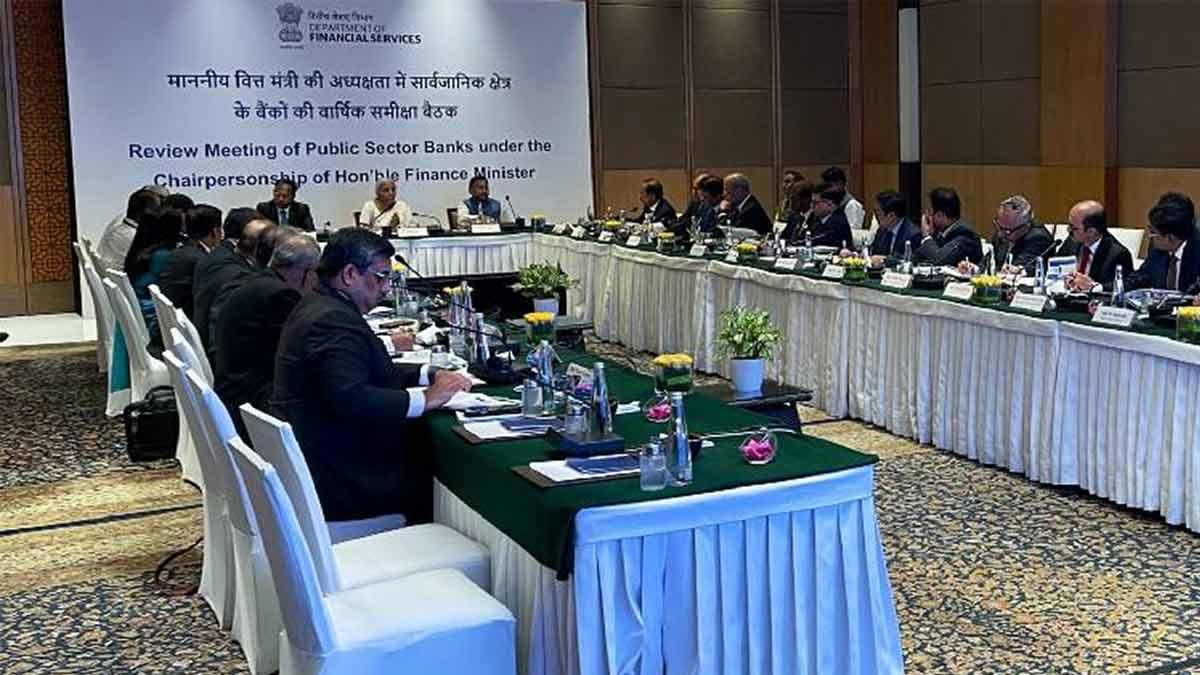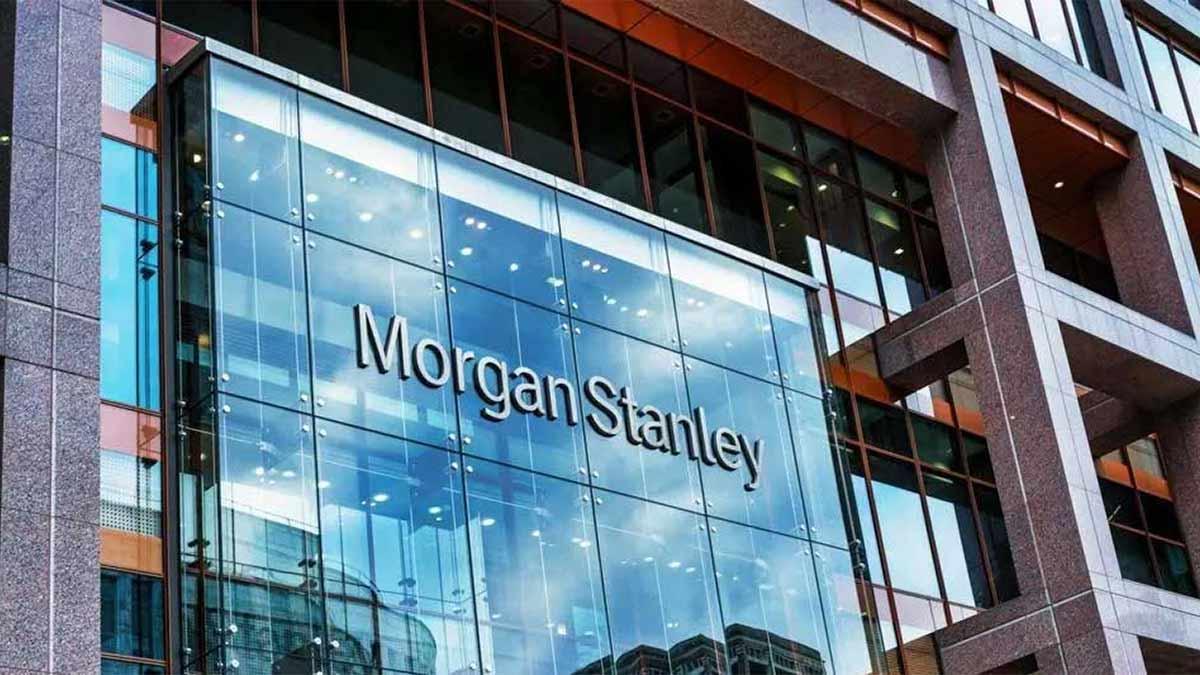The Reserve Bank of India (RBI) has revised its policy and rules for lockers in banks in order to ensure prompt payment of locker rent. According to the new regulations, the rental charge for booking a locker in banks has been increased and a more rigid framework has been put into place. Banks would also be allowed to take a "Term Deposit", at the time of allotment of a locker. The other changes include a new Know Your Customer (KYC) model that would enable banks to know the identity of their customer accurately; preventing the storage of illegal and hazardous substances in the lockers, etc.
However, it is not just beneficial for banks alone as the new RBI guidelines make it mandatory for banks to settle the claims of customer complaints within a period of 15 days from the original complaint. This would result in a much efficient system overall. This move has come amidst the concern raised by the Supreme Court. In February, a bench comprising Justices MM Shantanagoudar and Vineet Saran had said, "As is evident from the rising demand for such services, lockers have become an essential service provided by every banking institution due to rapid gains in technology. There is the possibility that miscreants may manipulate the technologies used in these systems to gain access to the lockers without the customers' knowledge or consent."
Here is all you need to know about the updated policy guidelines for bank locker storage by the RBI:
- The increase in the upfront payment on booking a locker in a bank has been increased and it will now cover three years’ rent and the charges for breaking open the locker in case of such eventuality. However, banks can exercise their discretion and not insist on such Term Deposits from the existing locker holders.
- This would also ensure that banks do not face a situation where the locker-hirer neither operates the locker nor pays the rent.
- The move to settle customer disputes within 15 days over any locker in any bank has been made mandatory. This is subject to submission of proof of death of the depositor and suitable identification of the claimant(s) with reference to the nomination, to the bank's satisfaction.
- With rising complaints about storing illegal and hazardous substances in the lockers of banks, the RBI has asked the banks to put in a clause that would prevent their customers from putting anything illegal in their locker. If the bank still suspects any customer with possession of such substance, it will have the right to take appropriate action.
- Banks have also been notified to ensure that there are no unfair means or terms and conditions incorporated in their locker agreements.
- Banks can also renew their locker agreements with existing locker customers by January 1, 2023.
- The banks would be required to have an agreement on a duly stamped paper at the time of allotment of the locker to a customer.
- Moreover, RBI has advised banks to increase security around the locker rooms should have a single defined point of entry and exit to the locker room/vault.
- The banks also must make sure that the locker rooms should withstand hazards of rain/flood water entering and damage in contingent situations.
- Banks also have to now cover the entry and exit of the strong room and the common areas of operation under CCTV cameras and preserve its recording for a period of not less than 180 days.

















